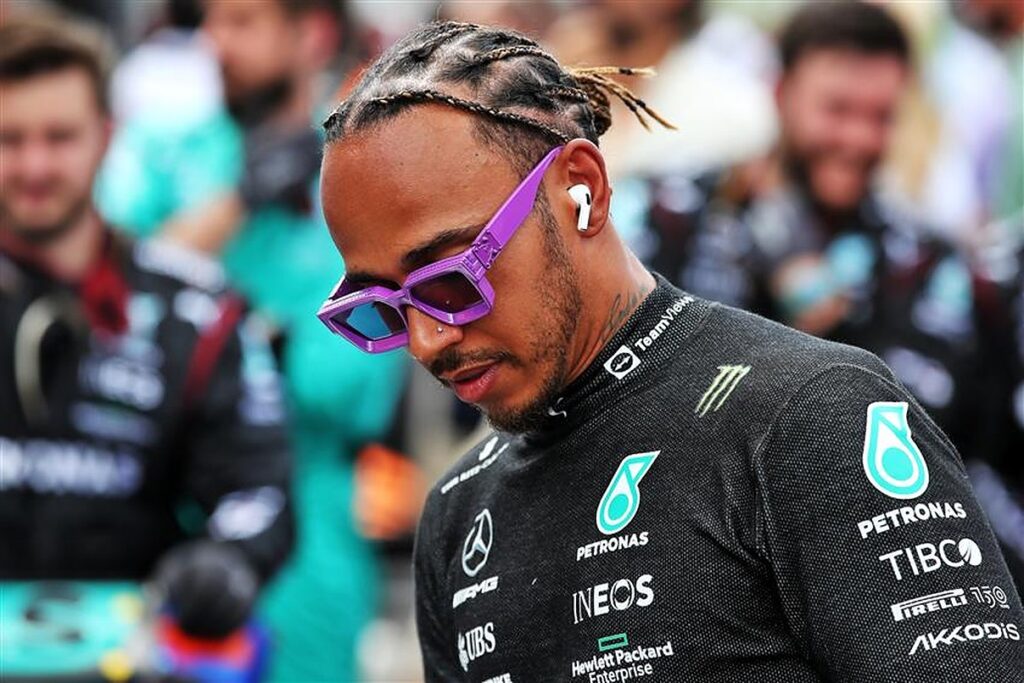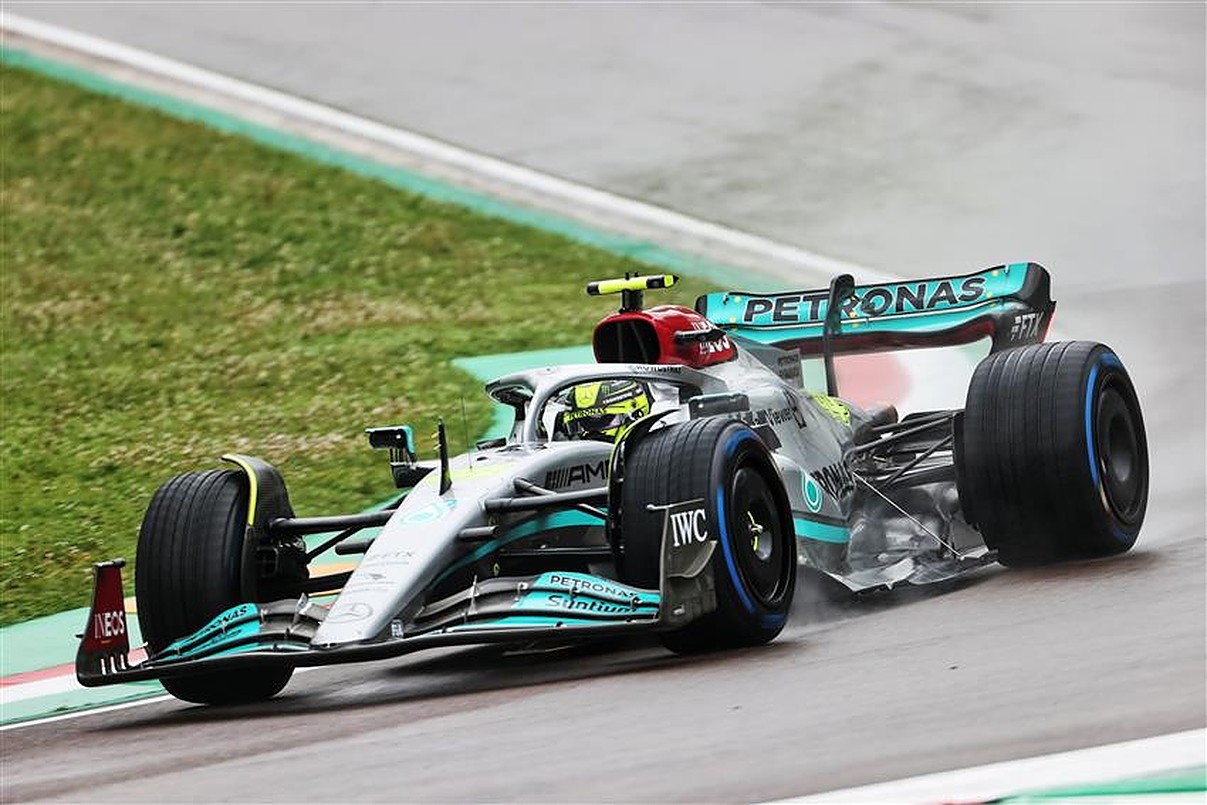Despite their poor start to the 2022 Formula 1 season, Mercedes have insisted they will remain in the sport for a number of years to come.
The German team, who have won the Constructors’ Championship eight-years in a row, currently sit third in the standings after five races.
Both Lewis Hamilton and George Russell have struggled getting to grips with the W13, with the car having a disadvantageous “porpoising” issue.
Mercedes are already a vast number of points behind Ferrari, who appear to have cracked the new era of the sport.
The team’s bad start to the year hasn’t stopped the German outfits commitment to Formula 1, with Mercedes-Benz Group chairman, Ola Kallenius declaring the team’s future aspirations for the pinnacle of motorsport.
“We have decided to go down this path of decarbonisation. It is the only decision we can make, and the same goes for Formula 1,” said Kallenius regarding the sport’s new engine regulations for 2026.
The new regulations penciled in for 2026 will see teams power units become more energy efficient.
In return, this will support the team’s goal of reducing their carbon dioxide emissions.
“The next engine regulations will give much more importance to the electric part, and there is a clear commitment to make Formula 1 CO2 neutral,” continued the Mercedes boss.

“For the next regulation, the proportion of electricity used on a lap will increase. There will still be a combustion engine but it will be used as a laboratory to develop CO2-free fuels, which the aviation industry will probably need, and maybe also to reduce the footprint of the existing car fleet.
“We are not yet at the stage where we can run a race like we saw in Abu Dhabi with only battery power. A sport like Formula 1 has to put on a show, so the decarbonisation route has to be taken.
“Battery technology is not yet perfected. But going CO2-free and putting more emphasis on electrification ensures Formula 1 remains very relevant and that we will remain.”
Whilst talking at the Financial Times Future of the Car Summit, Kallenius also explained how the Formula 1 Netflix series ‘Drive to Survive’, has boosted the companies audience.
“There is significant growth, particularly among the younger generation,” explained Kallenius.
“The Netflix series Drive to Survive has changed the game. So we are happy to be part of this show and to be one of the strengths of Formula 1, leveraging it for both our technology development and marketing. As far as we are concerned, F1 has a bright future ahead of it.”

